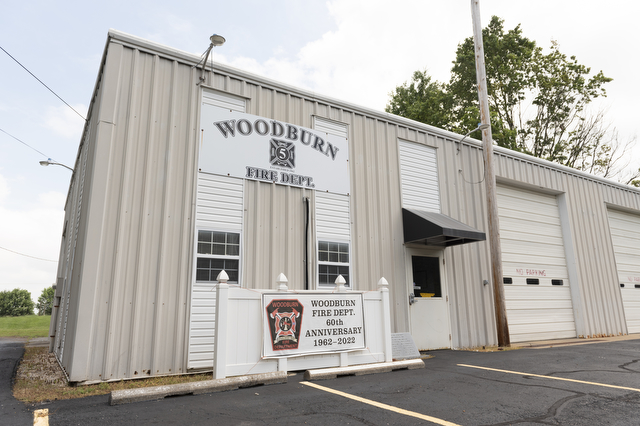WKU to get $1.6M more for cybersecurity efforts
Published 12:00 am Saturday, November 17, 2007
Western Kentucky University will be getting an additional $1.6 million to develop ways to defend national security information systems against cyberattacks.
This is in addition to the $1.3 million the university received in 2006 to get the program up and running, according to Bruce Kessler, assistant dean of WKU’s Ogden College of Science and Engineering.
The latest funding was contained in the Defense Appropriations Bill signed into law this week by President Bush and part of $80 million in projects that U.S. Sen. Mitch McConnell, R-Ky., secured for the state.
Western, in the first phase of the project, is working with Homeland Security-related firm, Electronic Warfare Associates, which operates in Western’s Center for Research and Economic Development, the University of Arizona, the University of Mississippi and the Army Research Lab.
“So far we’ve defined what we are trying to do with all the different groups on the project,” said Kessler. “We are working at Western setting up the testbed which involved acquiring the computers and getting them set up so we can simulate network traffic.”
Phil Womble, who is director of the cyberdefense lab, said 30 computers have been installed and networked. They are in a 1,200-square-foot lab at the Innovation and Commercialization Center, thanks to a grant of $269,000 from EWA.
Womble described the project as one being conducted in a sandbox with various levels of security.
“Just like when people are doing a biological science study of a virus … we’ve done what they do and make sure the virus doesn’t escape,” he said.
So the 30 computers will be used to defend from or launch attacks on one another. The lab is still waiting on some software but should be in full swing in January, and Womble said some analysis has already begun.
“I’m more of an analyst in the project,” Kessler said. “I’ll be looking at data generated (by the computer attacks) to determine if I can pick up on any patterns … and how we can protect against them.”
Kessler said he is already looking at some work done on a small computer testbed in Arizona and making suggestions about improving the technology being used.
He plans to do more of that work on the Christmas break.
While outside usual assistant dean duties, Kessler said the work keeps his attention.
“This is really interesting stuff to me, so I’ve tried to stay up with it. … I guess I’m a glutton for punishment.”
Womble said the work should also interest the general public.
“I think the general public is aware that cybersecurity is a big thing … because many people have gotten attacked at home or seen that spyware has been installed after visiting certain sites,” Womble said. “It’s not like it used to be, where it felt free and easy. … People are pretty cognizant of cybersecurity.”
While the current work is for the federal government, Womble said it’s his vision that private software companies will come to the cyberdefense lab for help in defending and protecting their products.
“It can be a resource to stimulate economic growth in the region,” he said.
For now, Womble said there is quite a cadre of people working on the project, though he’s unsure which partners will take part under the additional funding.






